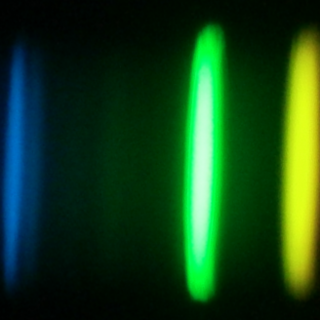Bibcode
Drake, A. J.; Djorgovski, S. G.; García-Álvarez, D.; Graham, M. J.; Catelan, M.; Mahabal, A. A.; Donalek, C.; Prieto, J. L.; Torrealba, G.; Abraham, S.; Williams, R.; Larson, S.; Christensen, E.
Referencia bibliográfica
The Astrophysical Journal, Volume 790, Issue 2, article id. 157, 13 pp. (2014).
Fecha de publicación:
8
2014
Revista
Número de citas
57
Número de citas referidas
54
Descripción
We investigate the properties of 367 ultra-short period binary
candidates selected from 31,000 sources recently identified from
Catalina Surveys data. Based on light curve morphology, along with WISE,
Sloan Digital Sky Survey, and GALEX multi-color photometry, we identify
two distinct groups of binaries with periods below the 0.22 day contact
binary minimum. In contrast to most recent work, we spectroscopically
confirm the existence of M dwarf+M dwarf contact binary systems. By
measuring the radial velocity variations for five of the shortest-period
systems, we find examples of rare cool white dwarf (WD)+M dwarf
binaries. Only a few such systems are currently known. Unlike warmer WD
systems, their UV flux and optical colors and spectra are dominated by
the M-dwarf companion. We contrast our discoveries with previous
photometrically selected ultra-short period contact binary candidates
and highlight the ongoing need for confirmation using spectra and
associated radial velocity measurements. Overall, our analysis increases
the number of ultra-short period contact binary candidates by more than
an order of magnitude.
Proyectos relacionados

Abundancias Químicas en Estrellas
La espectroscopía de estrellas nos permite determinar las propiedades y composiciones químicas de las mismas. A partir de esta información para estrellas de diferente edad en la Vía Láctea es posible reconstruir la evolución química de la Galaxia, así como el origen de los elementos más pesados que el boro, forjados principalmente en los interiores
Carlos
Allende Prieto